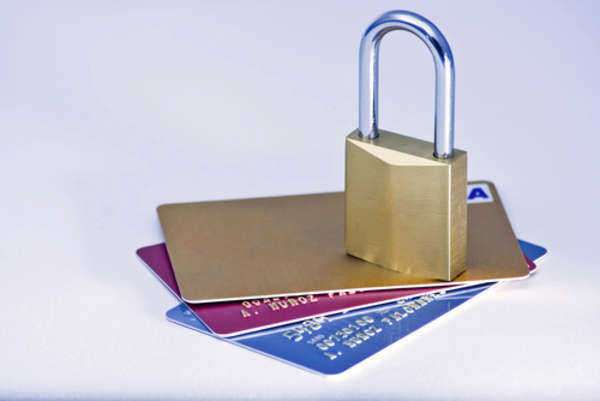Credit Protection Act of 1968


 What are Product Reviews?
What are Product Reviews?
‘Product Reviews’ is a term used to define feedback provided by an entity or individual conveying their experience with regard to the usage of a specific product or service.
Many economists, commercial institutions, and members of the consumer populace existing within a commercial marketplace collectively consider the value of Product Reviews to be overwhelmingly vast; commercial response and activity resulting from the publication of Product Reviews may retain drastic impact:
Advertising and Marketing
Advertising and Marketing efforts undertaken by suppliers and manufacturers are methods employed in order to raise a collective awareness of their respective product or service within the commercial marketplace; however, many consumer advocacy groups will not attribute these efforts as objective Product Reviews with regard to products and services available for purchase – this results from an expressed interest of a supplier to earn a profit through the proliferation of sales.
Competing Markets
In addition to advertising and marketing efforts put forth my suppliers, competing suppliers within that same industry may provide advertising and marketing efforts employed in order to dissuade the purchase of their competitor’s products through the release of Product Reviews. Upon releasing Product Reviews focusing on presumed shortcomings latent within their competitor’s products, these suppliers may hope to extend the sales of their respective products. However, consumer advocacy groups cite a similar absence of objectivity within these types of Product Reviews, which results from that supplier’s secondary gain.
Independent Product Reviews
In contrast to a presumable lack of objectivity inherent within the advertising and marketing efforts of commercial suppliers, independent Product Reviews offered by impartial consumer advocacy groups are considered by many economists to be amongst the most valuable nature of Product Reviews. This value is due to the fact that these consumer advocacy groups and institutions neither retain any interest with regard to a supplier’s sales, nor do they possess any secondary gain with regard to the profitability of individual commercial suppliers and manufacturers.
Product Reviews vs. Defamation
The ability to provide unbridled, uncensored, and honest opinions with regard to Product Reviews within the commercial marketplace is a constitutional right granted to every citizen of the United States rooted within the 1st Amendment of the Constitution of the United States; however, the slandering or unjust conveying of libelous sentiment with the expressed intention of causing harm with regard to a specific victim chosen as a result of prejudice, racism, bias, and unlawful resentment is considered to be a crime.







